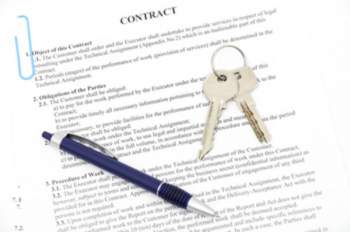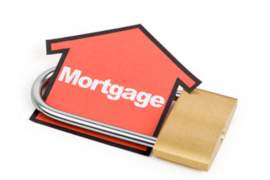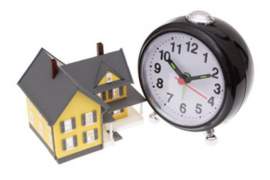
Subprime Mortgage May Be Right For You

In modern times, when people consider purchasing a home, the first issue that is often addressed is obtaining a mortgage. Mortgage loans are provided to people in order to be able to afford purchasing homes, that is, if they meet the imposed requirements.
Because there are criteria in place in order to qualify for a mortgage loan, there individuals that may not be able to obtain the mortgage loan they need to purchase a home or property.
On the other hand, there is a type of mortgage loan that is meant to be offered to those that do not meet the eligibility requirements of traditional mortgages. These types of loans are known as subprime mortgage loans.
What is a Subprime Mortgage Loan?
Subprime mortgages exist in order to provide individuals the necessary loan to obtain a home or property that would otherwise not qualify under standard mortgage qualification criteria.
Subprime mortgage loans will therefore differ depending on the mortgage lending institution, for each will have distinct definitions as to what constitutes a subprime loan. Though these may not all be considered, the following are some commonly found requirements to qualify for a subprime mortgage loan:
1. Credit rating that is below 600
2. Limited debt experience
3. No assets or property that can be used as a security or collateral
4. Debt that is considered to be excessive; usually, this means that the person’s income is not enough to cover regular living expenses in addition to the interests and repayment of a mortgage loan)
5. History of late or missed payments
6. History of loan default
How does a Subprime Mortgage Loan Work?
Upon considering the presented criteria of a particular loan applicant, the terms and conditions of a subprime mortgage loan will usually be up to the discretion of the lending institution. However, subprime mortgage loans can be expected to be different from those that are considered to be the standard.
Interest rates associated with a subprime loan will usually be substantially higher than those on a conventional loan. The reason for this is because subprime mortgage loans will prove to be a higher risk to lenders, and thus, creating higher interest rates to compensate for such risk.
Types of Subprime Mortgage Loans
Subprime mortgage loans can be said to exist in two distinct types: the adjustable rate mortgage loan and 100% financing mortgages.
Adjustable rate mortgage loans, also referred to as ARM, will create a situation where the interest rates of a standard mortgage will be implemented during a predetermined amount of time, usually two to three years. After the introductory interest rate, the rates will continue at a higher value for the remainder of the loan.
The ARM loan allows for borrowers to often times repair any negative features of the credit during the initial interest rate periods, allowing them to refinance the loan to take on more standard rates.
100% financing mortgages, also known as no down payment mortgages, will not require for the borrower to provide for any out of pocket expenses to provide the usual 5% down payment that is required with most mortgage loans. However, the interest rates and fees associated with these types of loans are often times extremely high when compared to those of standard mortgage loans.
NEXT: Compare Mortgage Interest Rates and Save Money





















